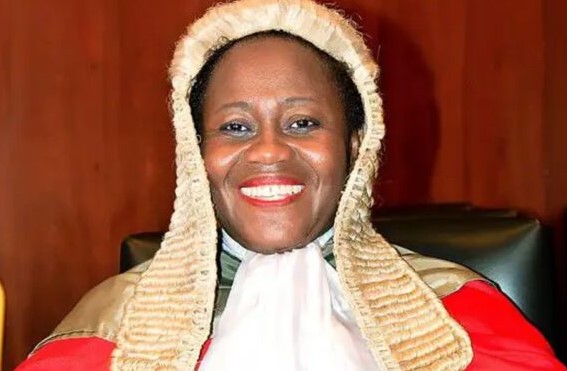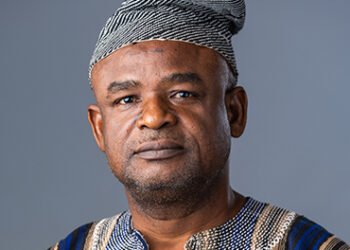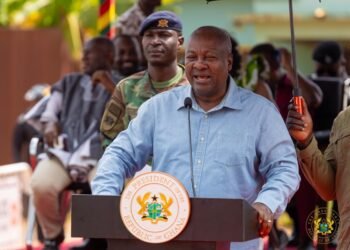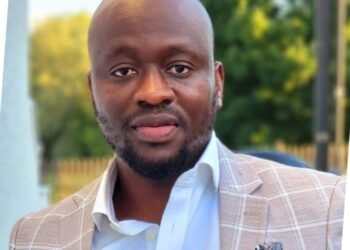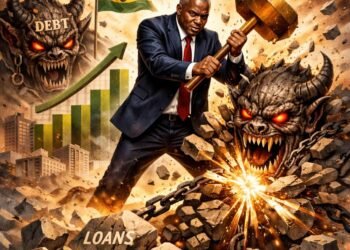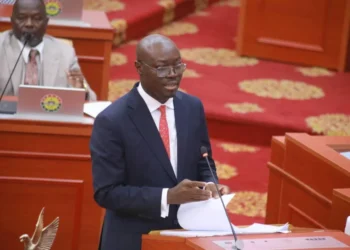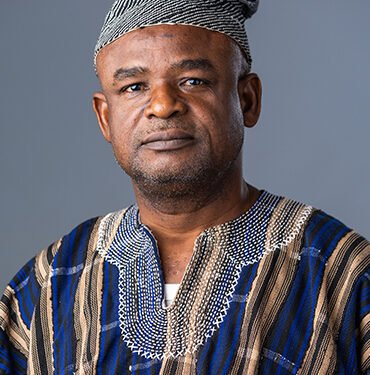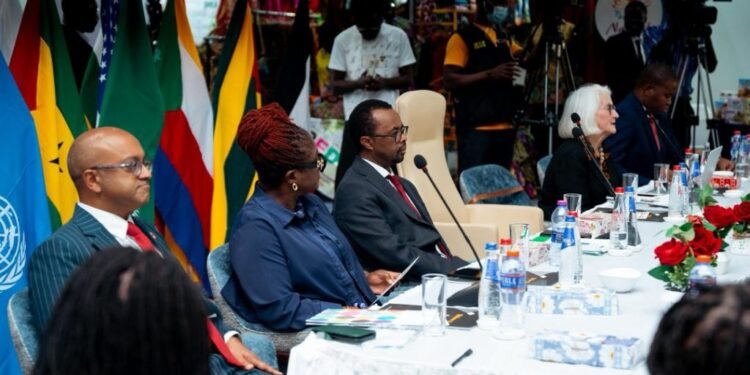President John Dramani Mahama has suspended Her Ladyship Justice Gertrude Araba Esaaba Sackey Torkornoo, the Chief Justice of the Republic of Ghana, after a prima facie case was established against her.
Felix Kwakye Ofosu, the Minister for Government Communications and Presidential Spokesperson, made the announcement in an official statement on Tuesday, April 22, 2025.
It affirmed that the President has established a high-level investigative committee to look into the claims made in three different petitions filed against the Chief Justice.
He said that after consulting with the Council of State, the decision was made in compliance with Article 146(6) and (10) of the 1992 Constitution.
Respected Supreme Court Justice Gabriel Scott Pwamang will serve as the chair of the five-member committee, which was formed in accordance with Article 146(6) of the Constitution. Justice Samuel Kwame Adibu-Asiedu, a fellow justice of the Supreme Court, joins him.
The addition of Daniel Yaw Domelevo, Ghana’s former Auditor-General, who is renowned for his fearless anti-corruption stance during his term and afterwards, lends the committee even more legitimacy and weight.
The other members are Professor James Sefah Dzisah, an associate professor at the University of Ghana, and Major Flora Bazwaanura Dalugo from the Ghanaian military.
The committee’s members’ varied backgrounds highlight how seriously the presidency is taking the issue.
This committee’s formation marks the beginning of a thorough investigation into the petitions, the details of which have not yet been made public.
Nonetheless, the Council of State’s recognition of the existence of a prima facie case implies that the accusations are considered significant enough to merit additional research.
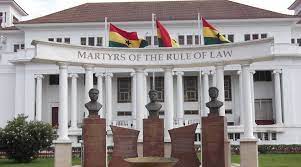
Constitutional Grounds for the Action
The provisions of Ghana’s 1992 Constitution serve as a solid foundation for President Mahama’s actions. Article 146(6) enjoins the President with the authority to decide whether a prima facie case has been established after consulting the Council of State and receiving a petition for the removal of a Justice of the Superior Courts.
The President is required to form a committee to look into the issue after making such a decision.
More significantly, Article 146(10) allows for the judge in question to be suspended while the investigation is ongoing.
“Pursuant to Article 146(10) of the constitution and in accordance with the advice of the Council of State, the President has by a warrant, suspended the Chief Justice with immediate effect pending the outcome of the committee’s proceedings”.
Felix Kwakye Ofosu, MP. Spokesperson to the President, and Minister, Government Communications
In Ghana’s democratic history, this decision is historic because it is the first time since the fourth Republic that a Chief Justice, the nation’s top judge, is being formally suspended from office while inquiries into suspected wrongdoing or misconduct continue.
Despite being strictly in accordance with constitutional procedures, the Chief Justice’s suspension is probably going to spark a lot of discussion in the legal, political, and civil society communities.

On the one hand, it shows that no one is above constitutional scrutiny, regardless of rank or office, and measures the strength of Ghana’s institutions and adherence to the rule of law.
However, given the National Democratic Congress’s long-standing criticism of the suspended Chief Justice, some may interpret the action through a political prism.
The perception and reality of independence are essential to the Judiciary’s success as a coequal branch of government.
Therefore, in order to maintain the integrity of Ghana’s democratic framework, this investigation must proceed with the highest transparency and fairness possible.
A senior judge has previously been the subject of Article 146 scrutiny. But this is the first time a Chief Justice has been suspended while in office after a prima facie case has been established in the Fourth Republic.
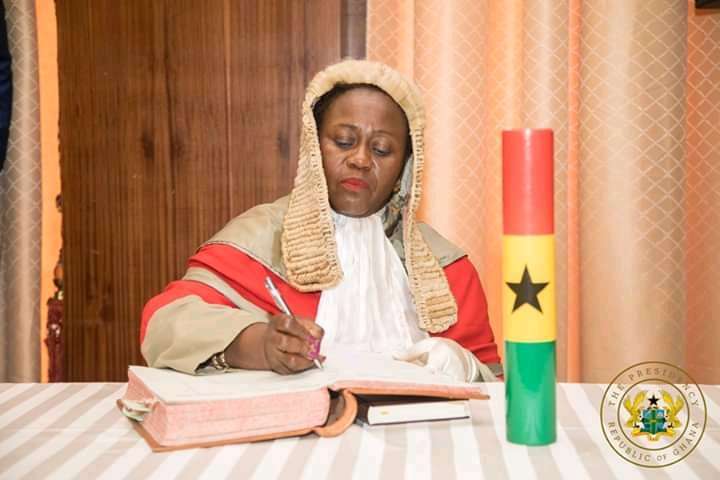
The action will surely be remembered in Ghana’s constitutional history as a daring demonstration of the legal means by which even the most powerful officials can be held responsible.
Although the specifics of the petitions are still being kept secret, the Chief Justice’s destiny and future will ultimately depend on how the committee’s work turns out.
In the event that the committee makes adverse findings against her, the President would be compelled to remove her from office in accordance with the constitution; if no such findings are found, she would be reinstated.
READ ALSO: Recent Auction Undersubscription Signals Market Caution, Not Panic- Analyst

